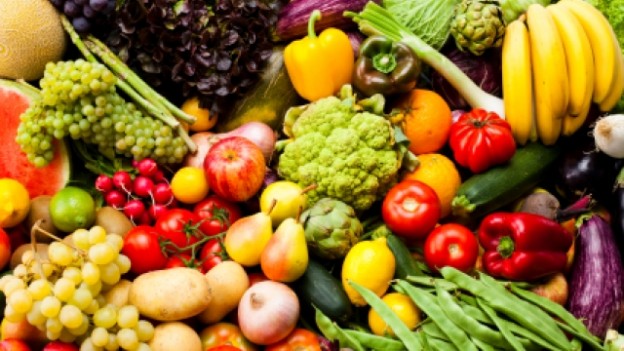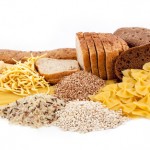Blog Entry #101
By Anthoney J. Andersen – Steroidal.com
“Meat is murder.”
If you have people in your life who consider themselves to be vegetarian, then you’ve probably heard that statement at least once. Being a vegetarian is an environmental choice that comes with many health advantages as well as disadvantages.
Let’s dive in and see what living a vegetarian lifestyle actually consists of.
GOING GREEN
Vegetarianism is a candid term that refers to individuals who have decided to stave off meat, poultry and fish. Vegetarians consume mainly fruits, vegetables, legumes, grains, seeds and nuts.
The American Dietetic Association (ADA) places vegetarians into four categories:
- Vegans only consume plant-based foods ¾ no dairy, eggs or honey.
- Ovo-vegetarian consumes eggs, but no dairy. Most consume honey.
- Lacto-vegetarian consumes dairy products, but no eggs. Most consume honey.
- Lacto-ovovegetarian consumes eggs, dairy and honey.
Most vegetarians in the U.S. are classified as lacto-ovovegetarians.
HEALTH ADVANTAGES
Several studies over the past couple of years have debunked the notion that vegetarianism contains no clinically proven evidence to support the fact that it is a healthier lifestyle to acquire.
Studies have indicated that a person who adopts a vegetarian diet will:
- Have a lower body weight. One study by the Cancer Research UK found that those who continue eating meat would pack on more weight over a five-year period, as compared to those who switched to vegetarianism. The study examined 22,000 meat eaters, fish eaters, vegetarians and vegans [1].
- Have better cholesterol levels. Scientists at the University of Toronto demonstrated that a vegetarian diet made up of specific plant-foods could lower cholesterol as effectively as drug treatment [2].
- Live longer. An article published in Food Technology states that vegetarians have a lower risk of becoming obese, developing diabetes, cancer and cardiovascular diseases [3].
HEALTH DEFICIENCIES
There are many advantages to vegetarianism – prevention of heart disease, digestive conditions, high blood pressure and certain cancers ¾ however, if you don’t maintain a balanced vegetarian diet that consists of certain whole foods, you might encounter some nutritional deficiencies.
Many plant-based proteins – with the exception of soy and quinoa – are incomplete, which means that they don’t provide the body with all the essential amino acids necessary to build muscle and tissue, which animal foods do.
To avoid protein deficiency as a vegetarian, you need to blend several different proteins throughout the day, according to WebMD.
An example of this is eating beans with brown rice or hummus on whole-wheat pita bread. This little snack will supply your body with the needed amino acids.
Also, strict vegetarian diets without dairy and eggs may be lower in vital nutrients such as calcium, iron, vitamin B-12 and omega-3 fatty acids.
According to the American Nutrition Association, vegetarians can avoid these deficiencies by meticulously planning and researching which plant-based foods to choose.
Leafy greens and almonds, for example, are high in calcium, and flaxseeds and chia seeds provide omega-3s.
Consuming plant-based iron with a source of vitamin C – like spinach salad with strawberry slices – will increase the absorption of these critical nutrients.
FOOD FOR THOUGHT
Abandoning all meat products may not be the right path for you. Whether you’re a hardcore meat-eater, or a strait-laced vegetarian, generating a healthy/balanced diet regimen is a necessity to maintaining a healthy lifestyle.
The human body requires a wide range of nutrients in order for it to operate at peak performance.
So, if you completely cut out certain vitamins and proteins, you’ll find yourself not only struggling at various physical activities, but something as simple as walking to the mailbox could become tiresome and strenuous.
Find your balance.
References:
[1]. “Vegetarianism.” 2006 March 14. Cancer Research UK.
[2]. “The Vegan Advantage.” 2011. April 8. U of T Magazine.
[3]. “Low-carb vegan diet may lower cholesterol.” 2014. April 16. Food Technology Magazine.







